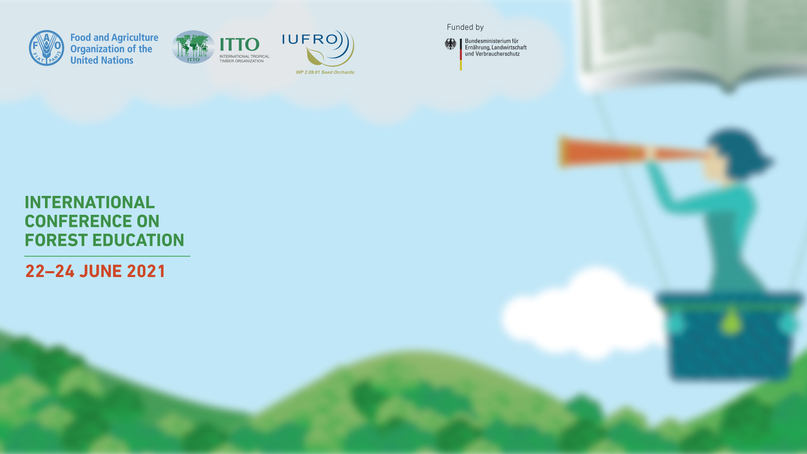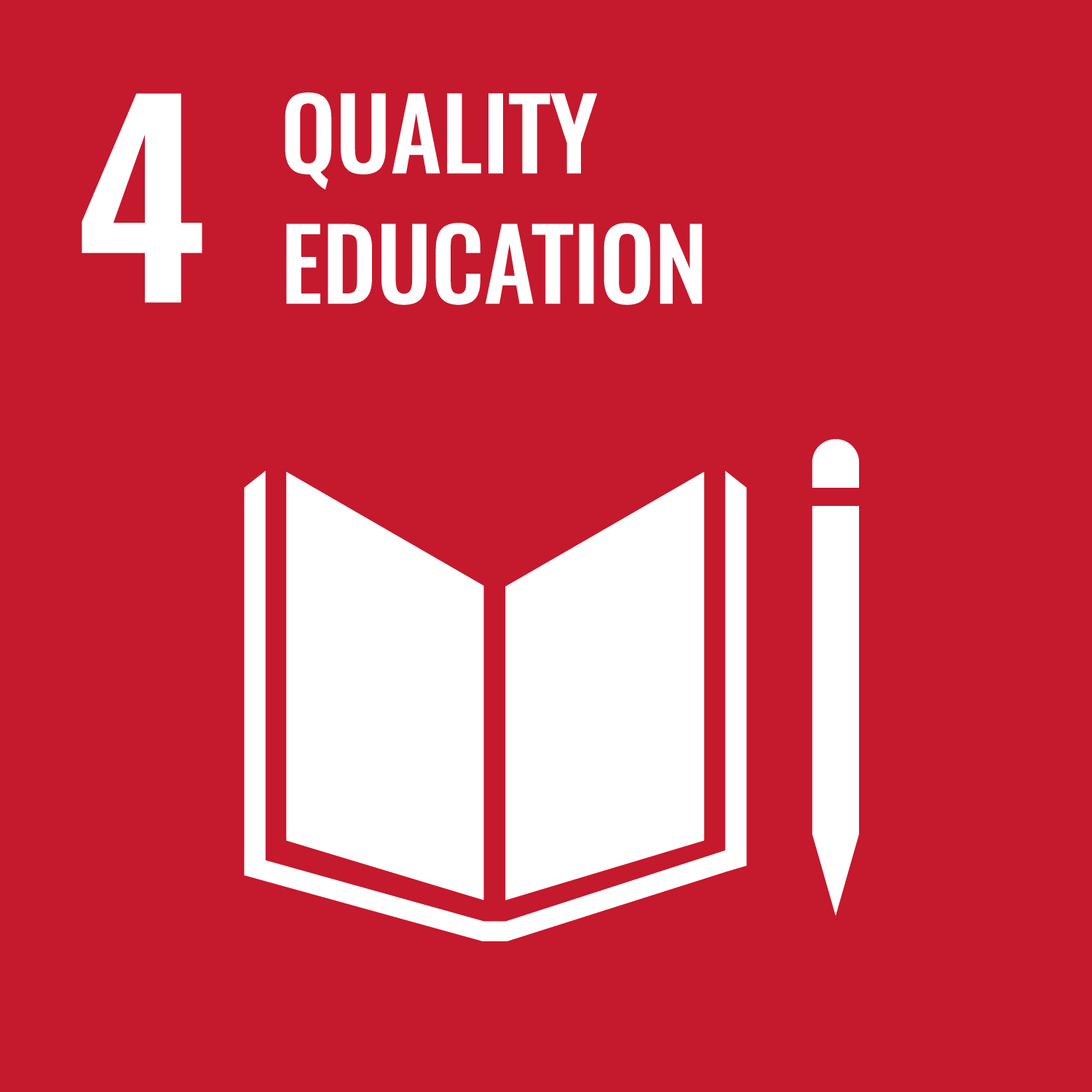International Conference on Forest Education kicks off
22 June 2021

22 June 2021, Rome: Today sees the start of the International Conference on Forest Education, a three-day event to shine a light on the important role forest education plays in maximizing the contributions of forests and trees to the Sustainable Development Goals and in overcoming the growing disconnection between people, nature and forests.
More than a thousand experts are attending the conference, which has been organized by ITTO, the Food and Agriculture Organization of the United Nations (FAO), the International Union of Forest Research Organizations (IUFRO), CIFOR-ICRAF and the Secretariats of the UN Forum on Forests and UN Framework Convention on Climate Change, with support from Germany.
The results of a global survey on forest education at all levels—from primary schools to universities —will be announced at the conference, which builds on a year-long effort by the FAO-ITTO-IUFRO Global Forest Education Project to collect, synthesize and verify the status of forest education.
“Forests are vital for combating climate change, for the livelihoods of forest-dependent people, and for providing a secure future for generations to come,” said FAO Deputy-Director General Maria-Helena Semedo. “Yet, around the world, the environmental, societal and economic importance of forests is being overlooked. We urgently need to revitalize forest education so more people come to value forests for the vital natural resource they are.”
The conference will help chart a path forward for forest education globally. Delegates—who include policymakers, forest educators and forestry students—will review the three pillars of forest education and knowledge: 1) formal forest education; 2) non-formal and informal education; and 3) traditional and indigenous knowledge systems.
Themes to be tackled include addressing gender and ethnicity in forest education; tailoring forest education to the needs of the job market; bringing forests into the lives of primary and secondary schoolchildren; improving the quality of forest education at the tertiary level; redressing outdated perceptions of forest careers through strategic communications; and tapping into digital opportunities to strengthen forest education.
New digital tools to improve forest education
Two new digital tools, which will help drive forward improvements in forest education, will also be unveiled at the conference.
forestra is a new online gateway to global forest education created under the leadership of IUFRO as part of the joint FAO-ITTO-IUFRO project. forestra will store and facilitate the sharing of information on tertiary education, technical and vocational education and training (both short- and long-term), and forest-related public environmental education.
“As the world becomes more digitally connected, the opportunity for online resource access grows,” said IUFRO President John Parrotta. “The forestra platform has been developed to facilitate this access to knowledge and information related to forest education through an innovative user-friendly search function. It will create connections between education, training and forest-related environmental awareness initiatives at all levels around the world.”
In addition, a free online course on Legal and Sustainable Supply Chains (LSSC) in the timber industry, developed under the leadership of ITTO, will help support several audiences, including businesses, to meet market requirements.
“The livelihoods of millions of people around the world depend on timber, but these are increasingly under threat from illegal and unsustainable practices,” said Steve Johnson, ITTO’s Officer-in-Charge. “This course will help entrepreneurs, forestry professionals, government officials and students understand best practices in the timber industry while also helping to contribute to the Sustainable Development Goals.”
Delegates will be invited to endorse the “Call to Action on Forest Education” at the end of the conference, which outlines key actions to strengthen forest education, training and knowledge-sharing. The Call to Action will be open online for endorsement by others after the conference.
Webcast links
- Session 1 - Day 1: 22 June, 2021
- Session 2 - Day 2: 23 June , 2021
- Session 3 - Day 2: 23 June , 2021
- Session 4 - Day 3: 24 June , 2021
- Session 5 - Day 3: 24 June, 2021
Related links
International Conference on Forest Education
Global Forest Education Project
forestra
Online course on Legal and Sustainable Supply Chains (LSSC)


